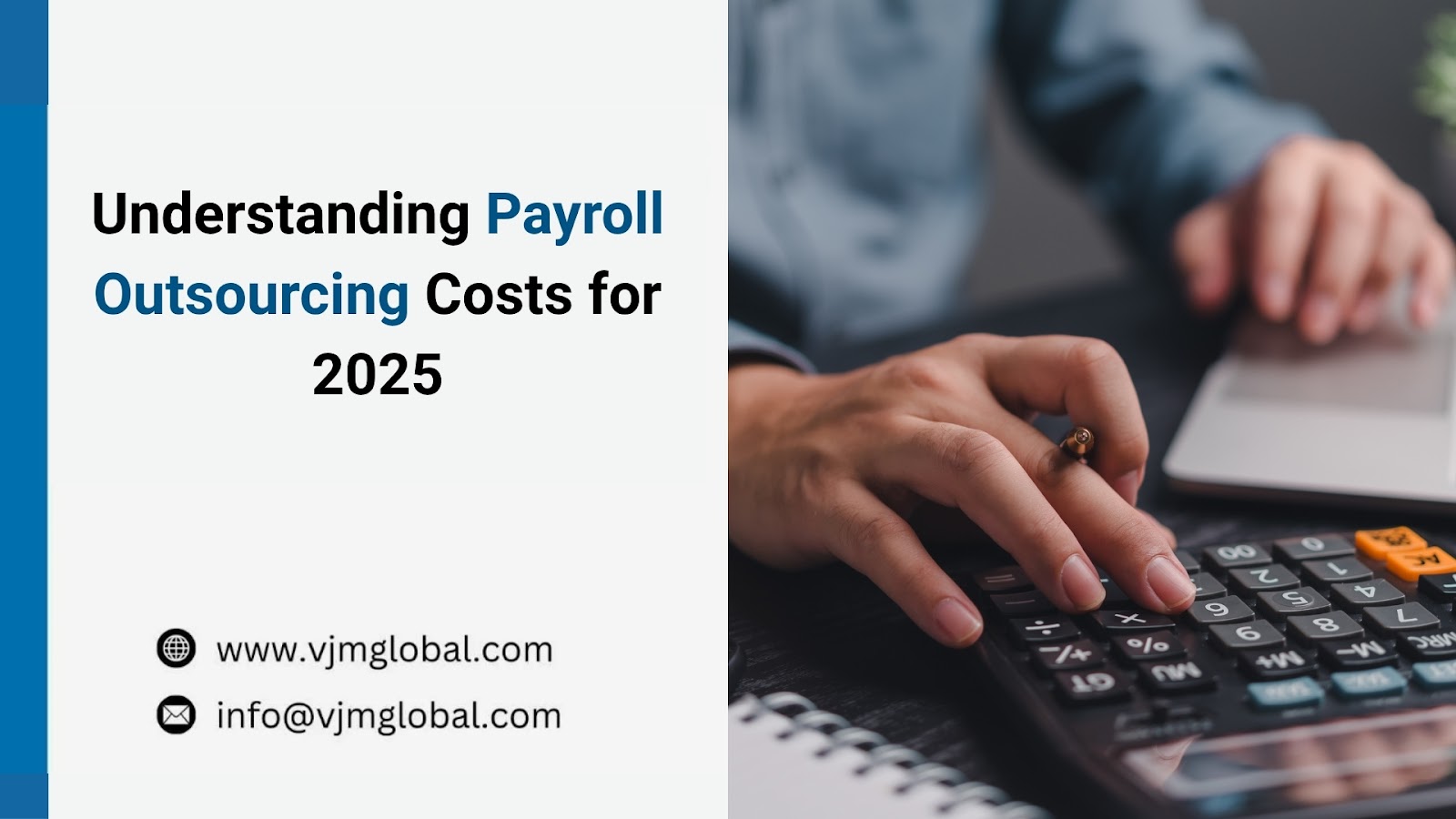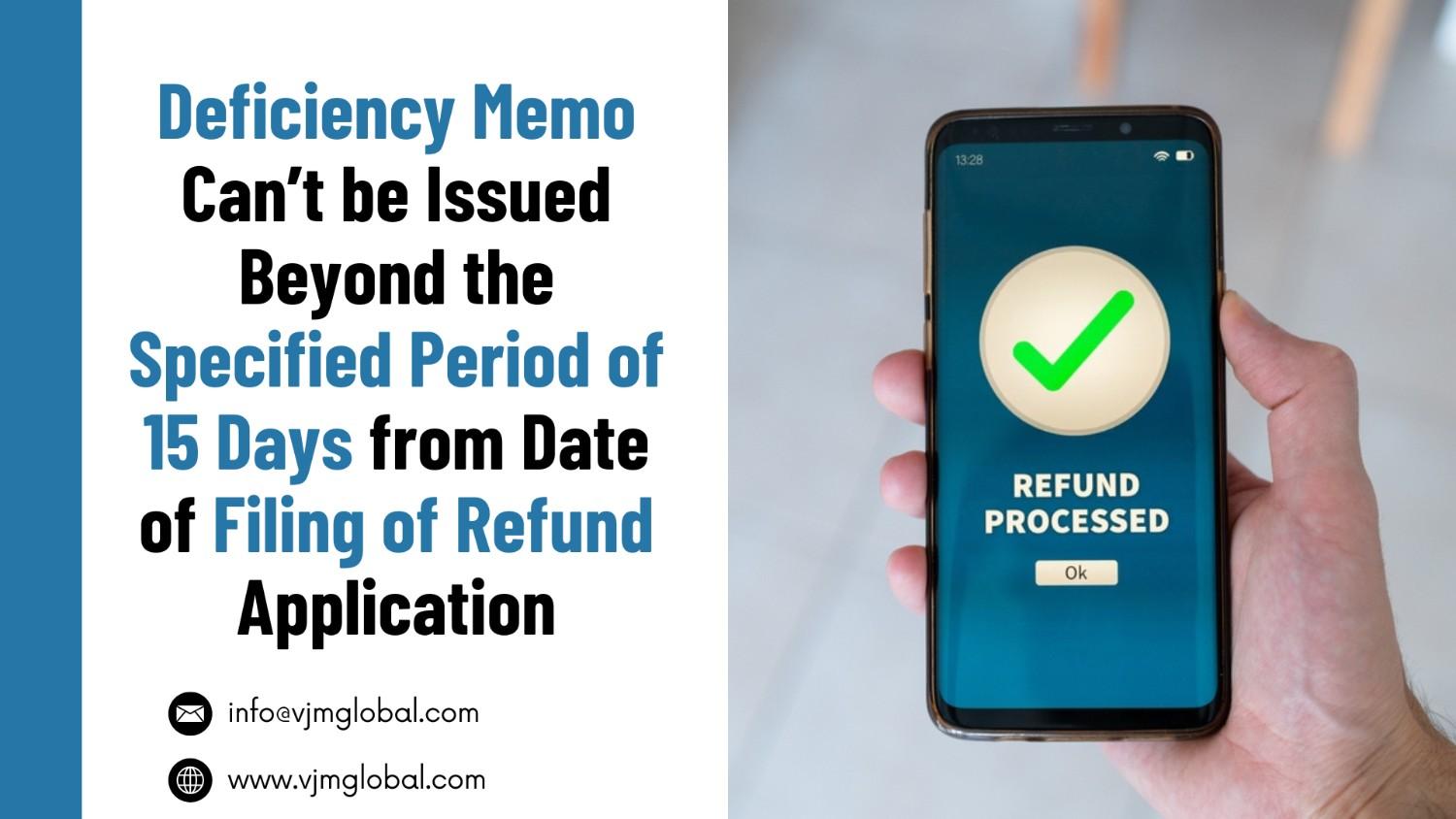There is a legal framework for all organizations to function accordingly when it comes to the welfare of their employees. The treatment is termed as Statutory Compliance in Human Resource (HR), PF and ESI are an integral part of this framework.
In India, the Statutory Compliance comprises- wages contributed to
- Provident Fund (PF),
- Employees' State Insurance (ESI), etc.
1. An insight into PF & ESI
Provident Fund is a self-financed, compulsory contributory fund, which is reusable in the future by the employees.
PF works as a corpus fund that is generated through monthly or regular contributions from the employee and the employer contribution. From the employee's salary, a minimum of 12% gets deducted and contributed to the PF.
The cumulative contribution of the employee and employer gets added to the PF of the employee, and that can be en-cashed for future use. The organizations are required to register to EPFO once they reach the limit of 20 employees under a company name.
Employees' State Insurance Corporation (ESIC) maintains the social security scheme- ESI.
The ESI fund is applicable to the employees who earn Rs. 21,000 or less than that in a month.
Medical privileges are given to these employees and their families under this scheme.
An accumulative monthly contribution of 1.75% of the employee's salary and 4.75% form the employer's side get deducted from CTC (Cost to Company) and added to the ESI fund.
However, the amount from an employee's contribution depends on the gross monthly salary, and there is a setup limit. When the gross amount is less than the setup limit; the employee will be eligible for ESI.
2. PF and ESI Due Date
2.1 Provident Fund (PF) Due Dates
- The PF will be deducted from every employees’ salary, and the payment due date is within the 15th of the following month. E.g. , if you want to deposit the PF contribution for June, then as an employer you should clear all the payments before the 15th of July.
- Payment and filing for the PF return date are probably the same, and you can process it at the same time.
Therefore, the due date of the PF return is the same as the payment date, and that is before the 15th of the following month. The PF annual return due date is 25th April of the following year.
2.2 Employee state insurance (ESI) due dates
- Every employer makes the ESI payment on a monthly basis, and the payment is given to the ESI department. The due date for ESI is the 15th of the following month, which can also exceed or change according to the department rules. In this context, ESI is similar to the PF.
- The employer needs to pay ESI return on a half-yearly basis, and the due dates are also fixed as follows:
| Period of Return |
Due Date of Filing of Return |
| April to September |
11th November |
| October to March |
11th May |
3. Late Fees/Interest
3.1 Delay in the deposition of Provident Fund:
The person who fails to complete the payment within the given deadline shall be responsible for paying 12% per year interest for each day he has delayed.
The EPFO has mentioned some charges that will apply to the late payment of the Provident Fund deposit. Here are the charges you shall look into-
| Period of Delay |
Penalty |
| Delay upto 2 months |
5% interest per annum |
| Delay of 2-4 months |
10% interest per annum |
| Delay of 4-6 months |
15% interest per annum |
| Delay of more than 6 months |
25% interest per annum which can’t exceed 100% at a time. |
3.2 Delay in the deposition of ESI
Every employee shall clear all the payments within the given deadline; otherwise, a simple interest rate will be applicable. The ESI payment interest is 12% for each day of delay in payment.
Further, to promote the timely payment of ESI and PF to employees’ accounts, the income tax act also provides for disallowance of PF and ESI deposited after the due date. Accordingly, employers shall not get the deduction of EPF or ESI deposited after the due date under Income tax and they will end up paying income tax on it.
If you need further help regarding PF & ESI, connect with our experts by commenting down. To know more about tax or tax returns, keep a check on our latest updates.
Read more: Salaries Component for PF contribution
Read More: Government of India reduces ESIC contribution from 6.5% to 4%
Read More on Various relief by EPF and ESIC during COVID 19













